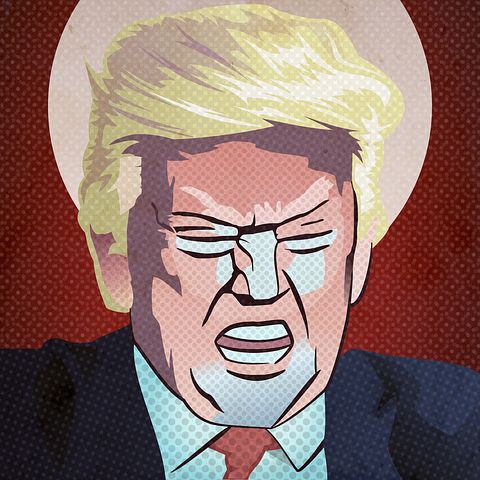
“This Court should refuse to allow Defendants’ naked political ploy and preserve the institution of the presidency,” Trump’s attorney said.
Chutkan has called a hearing in the matter on Thursday. The National Archives has filed its own brief, authored by Justice Department attorneys, detailing the documents that Trump wants to withhold from investigators. They include records pulled from senior aides like former Chief of Staff Mark Meadows, former adviser Stephen Miller and former counsel Patrick Philbin. They also include speech drafts, as well as call and visitor logs.
In supporting release of the records to Congress, Biden has said he declined to assert privilege for Trump because of the unprecedented nature of the attacks and questions about the White House’s involvement under Trump.
Binnall says many of these documents are precisely those intended to be protected from release and that many are irrelevant to the House investigation, or any potential legislation that might arise from it.
“The documents at issue include legal documents, call logs, schedules, and briefing materials that are plainly privileged and irrelevant for purposes of legislating regarding anti-terrorism laws, presidential transitions, or other legislation,” he writes. ”The Committee has never explained how the President’s schedule, call logs, legal documents, or other briefing materials will assist it in developing legislation to protect the United States or to ensure a peaceful transfer of power.”
The House, National Archives and other executive privilege experts, however, have argued that this argument fails because executive privilege only applies to the sitting president, who is charged with making decisions intended to protect the office. While a former president may have an interest in asserting privilege over records, there’s no supporting case law that would allow a former president to override his successor on such matters. Doing so would create a “shadow presidency” those experts say.
Binnall said those arguments fail to account for the need to protect candid advice given to presidents well after their terms end — or else risk eroding candor in future presidencies.
“True, executive privilege is qualified, not absolute,” he writes. “For that matter, neither is any other privilege. But the rights of former presidents are not as easily tossed aside as Defendants contend.”






